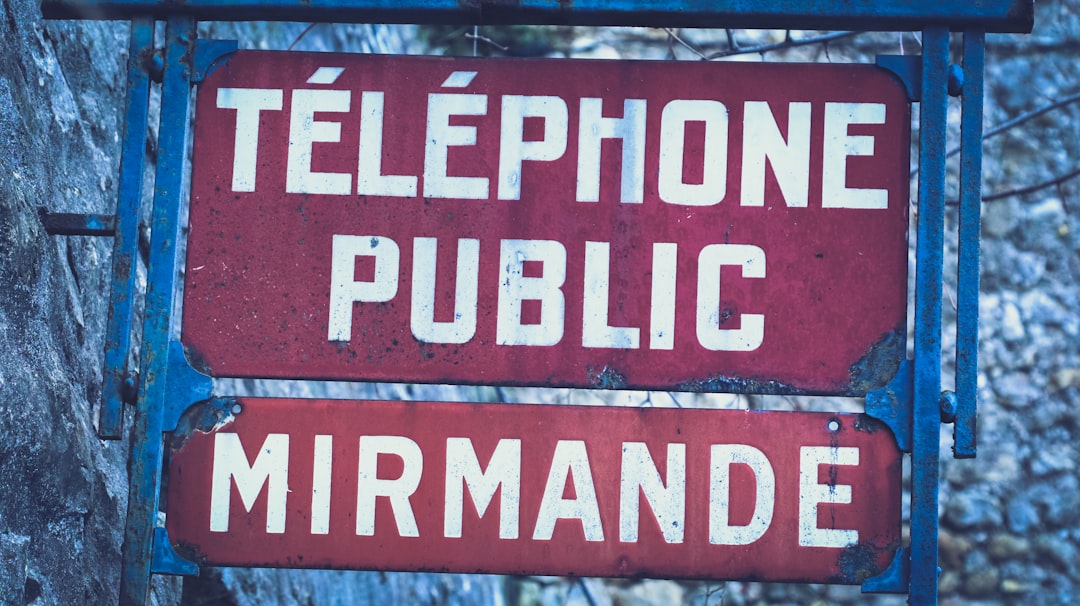The Telephone Consumer Protection Act (TCPA) in Nevada strictly regulates autodialer law firms, mandating explicit consent for automated calls to mobile phones to avoid substantial legal penalties. Courts interpret "consent" as voluntary, specific, and informed, with recent cases like Mims and Lundy setting clear guidelines against generic or implicit consent. Law firms must implement stringent measures to obtain and document explicit consent from clients, ensuring compliance and mitigating liability for TCPA violations in Nevada.
“Unraveling the complexities of consent under the Telemarketing Consumer Protection Act (TCPA) is crucial for understanding modern consumer privacy laws. This article explores how courts across the US, including Nevada’s legal landscape, interpret ‘consent’ in the context of autodialer technology. We delve into significant cases that have shaped autodialer law and their implications for local law firms navigating TCPA claims. By examining these insights, Nevada-based autodialer law firms can ensure compliance and effective client representation.”
Understanding the TCPA and Consent Requirements

The Telephone Consumer Protection Act (TCPA) is a federal law designed to protect consumers from aggressive telemarketing practices, including unwanted phone calls and text messages. One of the key aspects of the TCPA is its requirement for “consent” before placing automated or prerecorded calls to mobile phones. This consent is crucial, especially for law firms utilizing autodialers, as it determines legal liability under Nevada’s autodialer law and other TCPA provisions.
To establish consent, a law firm must obtain explicit permission from the caller, ensuring they have a clear understanding of the nature of the calls and their ability to opt out. This often involves obtaining written or verbal consent during an initial consultation or through specific opt-in mechanisms. Without proper consent, automated calls can lead to significant legal repercussions for the calling party, including monetary damages and injunctive relief for each violation under TCPA provisions, making it imperative for Nevada law firms using autodialers to understand and adhere to these consent requirements.
The Role of Courts in Interpreting Consent

Courts play a pivotal role in interpreting and shaping the concept of “consent” under the Telephone Consumer Protection Act (TCPA). When it comes to autodialer law firm Nevada, the courts’ interpretations are crucial in ensuring that businesses comply with consumer privacy rights. The TCPA’s definition of consent can be nuanced and complex, leading to varying legal perspectives. Judges across different jurisdictions have grappled with what constitutes valid consent, especially regarding automated telephone marketing and robocalls.
By examining case law, courts have clarified that consent must be voluntary, specific, and informed. This involves understanding the context in which a consumer provides their agreement, whether through a sign-up form, a phone conversation, or text message. In the realm of autodialing, courts have stressed the importance of explicit permission, especially when automated systems are involved. This interpretation ensures that consumers retain control over their communication preferences, fostering a balance between businesses’ marketing efforts and individuals’ privacy rights.
Key Cases and Their Impact on Autodialer Law

In the evolving landscape of telecommunications regulations, particularly under the Telemarketing and Consumer Protection Act (TCPA), the interpretation of “consent” has been a pivotal aspect shaped by key judicial decisions. A landmark case that significantly influenced the understanding of autodialer law firm Nevada is Mims v. Arrow Fin. Servs., LLC (2015). This ruling established that prior express consent is required for automated phone calls, setting a stringent standard for businesses engaging in telemarketing activities. The court’s decision clarified that generic language or previous transactions do not constitute consent under the TCPA.
Another notable case, Lundy v. Concord Management & Consultancy, LLC (2017), further emphasized the importance of individual consent and its impact on autodialer practices. Here, the court held that a consumer’s silent voice mail message did not amount to an affirmative agreement to receive automated calls. This case has been pivotal in defining the boundaries of TCPA compliance, especially for Nevada-based autodialer law firms, as it underscores the need for explicit and clear consent from recipients.
Implications for Nevada Law Firms Handling TCPA Claims

Nevada law firms specializing in TCPA (Telemarketing Consumer Protection Act) claims face unique challenges when interpreting consent, a crucial element in determining liability. With the rise of automated dialing technology, courts are grappling with what constitutes valid consent, especially in cases involving autodialers. This interpretation has significant implications for how Nevada’s legal professionals navigate such disputes.
When handling TCPA cases, firms must stay abreast of evolving case law on consent. Courts often struggle with distinguishing between legitimate marketing calls and unwanted telemarketing, particularly when an autodialer is involved. As a result, strict interpretations of consent are favored to protect consumers from intrusive communications. For Nevada law firms, this means a heightened need for detailed client agreements, clear opt-out mechanisms, and robust record-keeping practices to demonstrate that consent was obtained and respected, thereby mitigating potential liabilities and ensuring compliance with both federal and state regulations.






